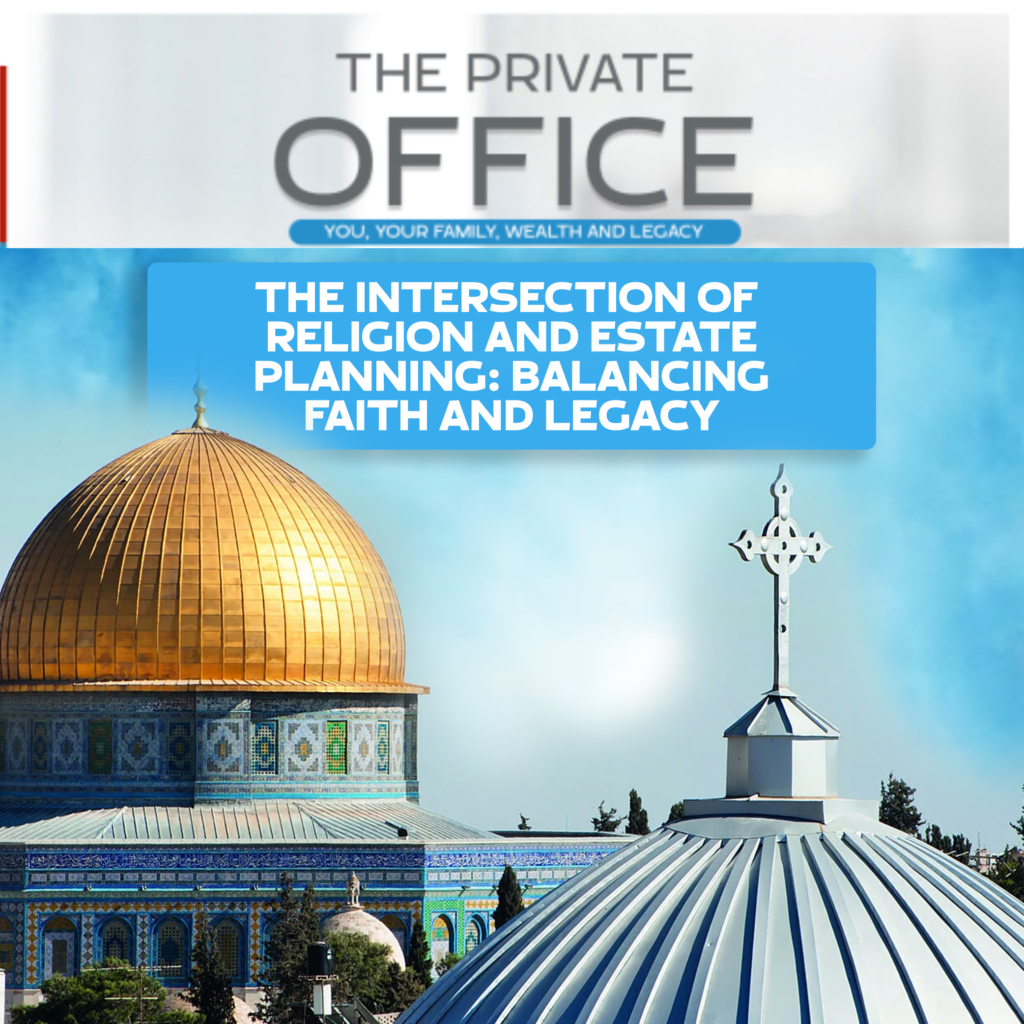The Intersection of Religion and Estate Planning: Balancing Faith and Legacy
Estate planning is a crucial process involving more than deciding how assets will be distributed after death. It is also about defining one’s legacy, protecting loved ones, and reflecting personal values. For many individuals, religion profoundly influences these values and decisions, making the intersection between religion and estate planning a significant consideration. Faith-based principles can guide how assets are allocated, how charitable contributions are structured, and how family relationships are preserved and respected.
Understanding the Role of Religion in Estate Planning
Religious beliefs frequently impact fundamental perspectives towards life, death, and legacy. These beliefs can influence how people approach estate planning, influencing their decisions on wealth distribution, charitable giving, and family duties.
